Feature
Fewtrell’s rare route to racing
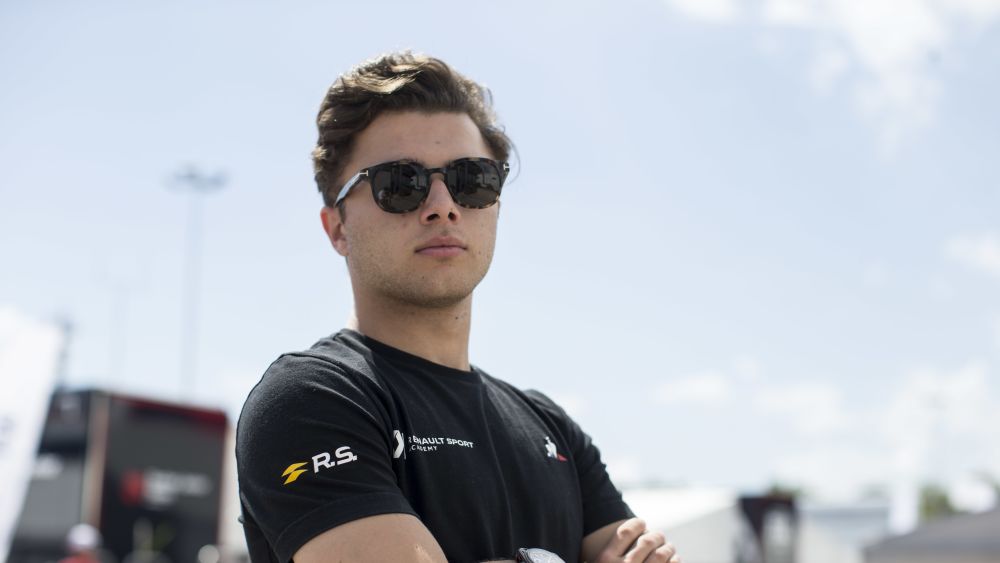
Every year, young motor racing prospects from across the world move to Europe to follow their dreams of reaching Formula 1. They come from the likes of Asia, South or North America and Australia to name a few, but almost none of those are British. “It’s pretty unheard of, I think I’m maybe the only one,” smiles Max Fewtrell.
Fewtrell’s background is different to most Britons. As a nation, it’s rare they stray too far outside of Europe for a place to call home. The Fewtrell’s were an exception though. Max was born in Birmingham, but his family emigrated to Singapore, in Southeast Asia, when he was just a toddler. They relocated due to his father’s business and always planned to one day return, but you doubt they’d have expected the motive to be their son’s burgeoning motorsport career.
“We actually moved to Malaysia for a very small amount of time first, but then spent nine years in Singapore,” he recalls. “It was weird, but I didn’t know any different at the time so that was kind of the norm to me. Looking back on it, the lifestyle was very different.”
In almost every way, Singapore is contemporary and revolutionary, however, its karting scene remains ever so slightly behind Europe, despite the country’s highly anticipated Grand Prix, which takes place under the lights at the Marina Bay Street Circuit.
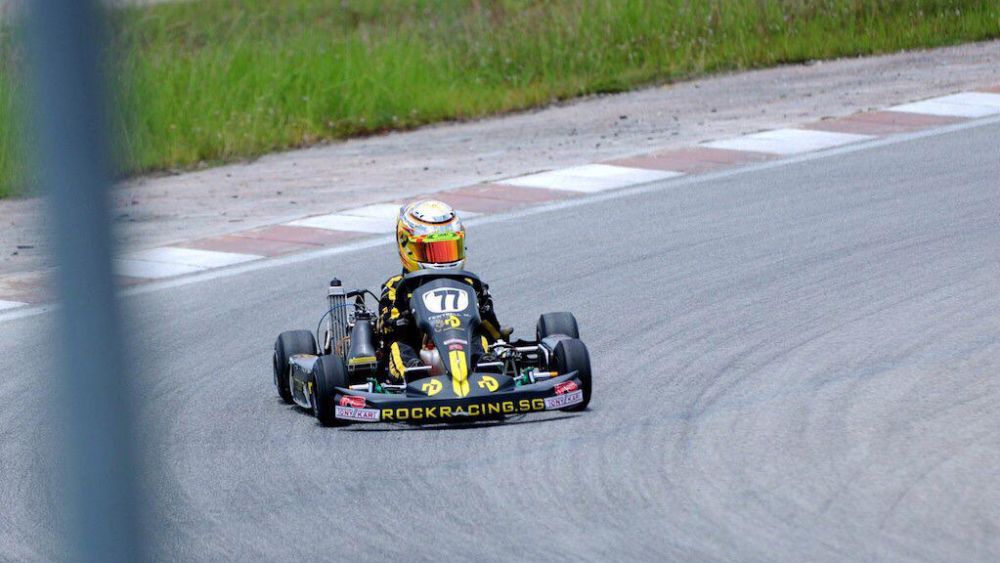
“In 2009, I think, I watched the Grand Prix and I was just blown away by that, I was totally in love,” Fewtrell explained. “After that, I wanted to go karting and every day after school I just wanted to go back and do some laps.
“I never really raced in Singapore, maybe one or two events, but the level was lower than Europe. I went to Malaysia and there was a type of Rotax Championship there. I competed in that and then an Asian karting championship.
“I think that at some point, if you want to progress yourself and if you want to be challenged, then you need to move to Europe. Don't get me wrong, there are some really good guys in Asia and the level is good, but I think that if you want to go to that next level, European karting is so hard and that is where you need to be.”
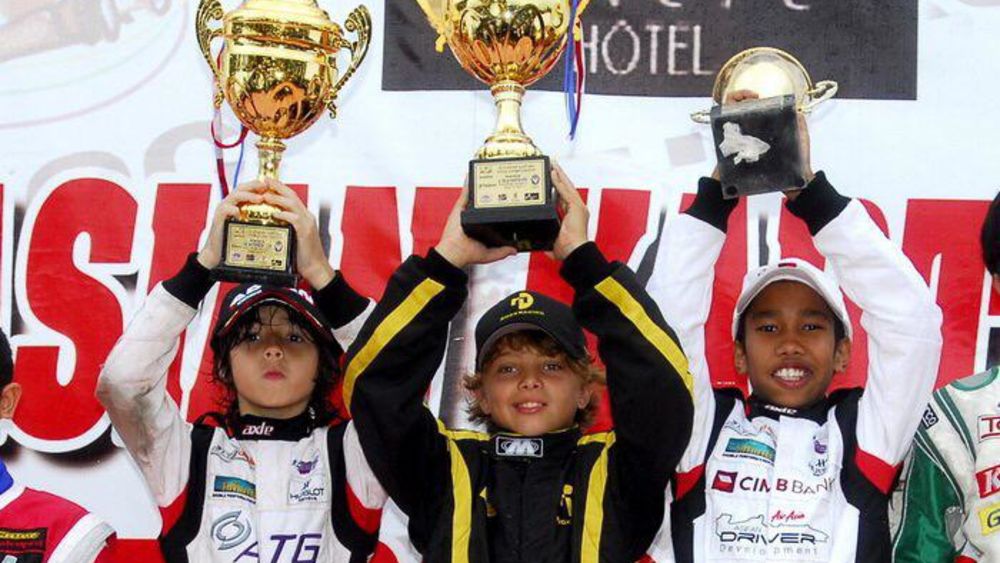
Fewtrell was somewhat of a late starter in racing, beginning around the age of 10, when many of his counterparts already had a few years under their belts. This prompted his family to make the move back to the UK earlier than anticipated, knowing that there was little time to lose if their son was to make a career out of his obvious promise.
The move back meant choosing schools and making new friends. Having grown up in Southeast Asia, the cultural adjustment was always bound to be difficult. But what about the adjustment to driving?
“I think my first ever race in Europe, was maybe the ROK International Cup. I remember that Lance Stroll was there because he won. By then, he’d already been racing for quite a while, whereas for me, this whole experience was alien. It was a crazy weekend and I was actually kind of scared to go on track because of the number of drivers.
“I think that there were nearly 100 entries and I had never done anything near that before. The karts were a lot faster than I was used to and it was a really scary weekend. Once it was out of the way, I was just learning every time I went out and really enjoyed it.”
With the family settled back in Europe, Fewtrell was able to concentrate on his racing and from there, things moved as swiftly as they’d hoped. The challenges kept on coming and the next step was the move up to single-seaters. Fewtrell relished the transition, although it was as daunting as it was successful.
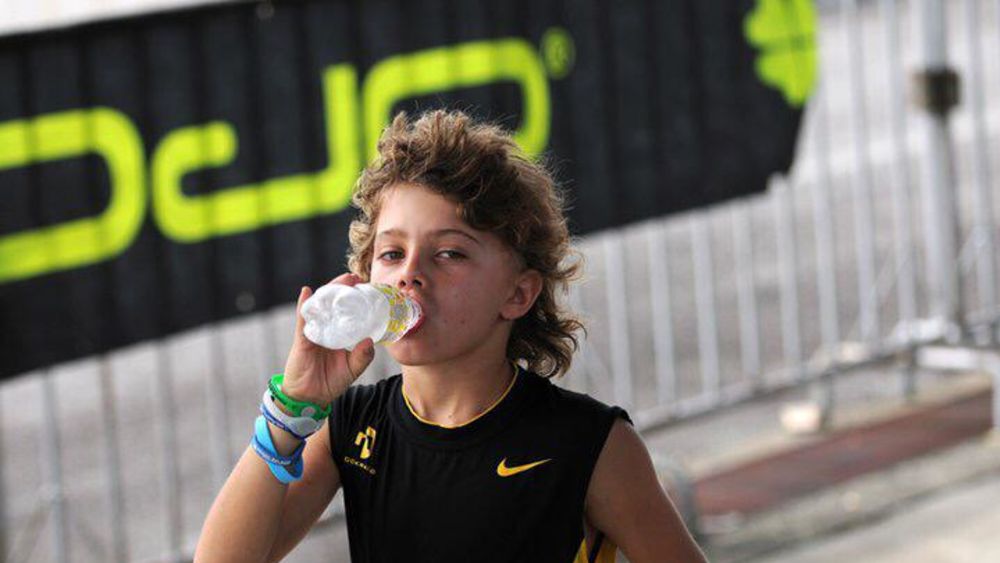
“I remember my first day in the car, it was such a weird day,” he laughed. “I had no idea what to expect, I didn't know how a single-seater would feel. You are so used to a go-kart which is so nimble and light and everything is so small. Then suddenly you get into this huge car and everything is so big.
“It is hard to explain, but in a way it actually felt slower, although at the same time, it also felt quick – I guess because in go-karts, everything happens really fast. Once I had adjusted to F4, I felt really relaxed and didn't have too much trouble, I felt really comfortable.”
The 20-year-old was quite simply prolific. He took the British F4 title in his first full season of car racing, with three wins and 15 podiums, which pricked the interest of the prestigious Renault Driver Academy.
The initial talks begun midway through the season prior to a race at Silverstone, with the title still undecided. The French team had heard the noise surrounding the young British racer and gave him a simple goal: win, and we’ll talk.
“It kind of added pressure onto me out of nowhere in my first year of cars. There were a few rounds to go in the Championship and it was very close that year. In the end, it didn't really affect me though, it actually motivated me.”
He clinched the title and Renault delivered as promised. He has now been a mainstay in the academy for three years and they have continued to deliver ever since. “Everything that they said they were going to do, they have done,” he continued.
“Their support covers all bases: simulators, fitness, everything that you can think of - all of my kit and financial support as well, which is crucial at this level of motorsport. They have been awesome – it is a huge help and they have been really great.”
Of course, Renault wouldn’t have continued to support Fewtrell had the young racer not held up his end of the bargain and performed to the standards they expected. In return for their backing, Fewtrell sealed another junior title with a season even more scintillating and consistent than his first.
As planned, he spent his inaugural campaign on the academy programme acclimatising to the rigours and demands of the competitive Formula Renault Eurocup series, before taking it by storm in 2018. Six wins, six poles and eleven podiums proved to the French team that they were onto a winner, and assured Fewtrell that his inner self belief was well-founded.
“I felt more of a complete driver that year. The team and I worked really well, the car was strong and I drove well - at least I think I did,” he laughed. “I was always up there and always in with a shout of winning.
“It felt more rewarding than just finishing on the podium every weekend, like I had done to win F4. I would take a really great performance one week and then a crash the next over finishing fourth every round - I like to be a bit more stand-out.”
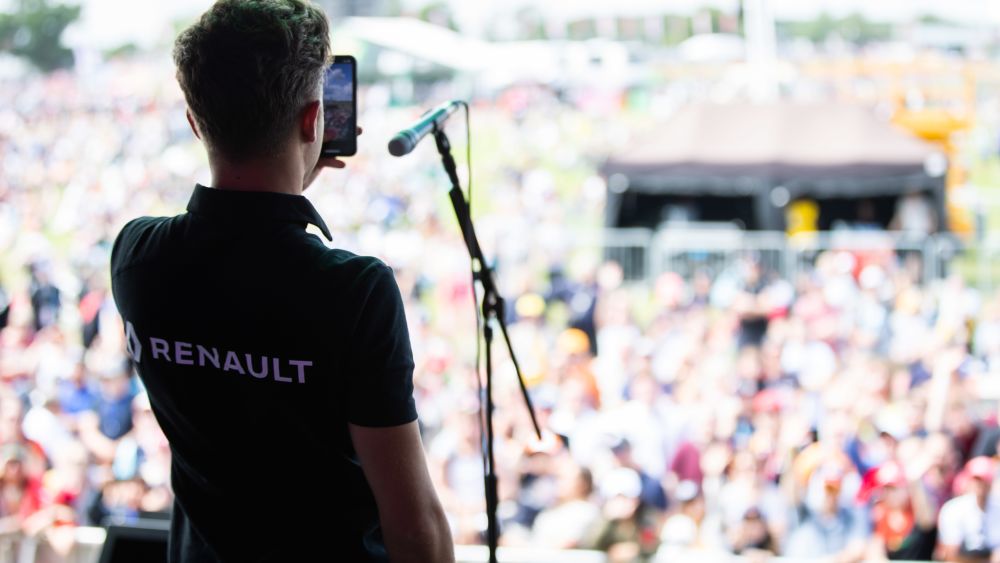
Fewtrell now divides his time between his family home on weekends, and the house he shares with Jack Aitken in the week. He regularly works in the team’s UK-based Oxfordshire factory, talking with the engineers, training with the team and using their state-of-the-art simulators. He’s quickly grown into a key member of their stable.
It’s evidence of how far he has come since moving back to England nine years ago. He has just completed his first full season on the Road to F1, finishing 10th in FIA F3 with ART Grand Prix. He has signed a fresh contract with Renault and is aiming to add to his count of two podiums from last year, with new side, Hitech GP.
His form in 2019 was rewarded with his first taste of F1 machinery in September, as well as an opportunity to drive at the famous Goodwood Festival of Speed last July.
“Goodwood was a really special,” he recalled. “to be sat in the F1 car with my mum and dad there was pretty surreal. To then be going up the iconic Goodwood hill, I don't really know how to explain it.
“Sitting near people like Sir Jackie Stewart, having lunch, is pretty cool. It was just an awesome day. Then, when you’re in the car, you all line up and you’re parked near the Brawn GP car, Schumacher's Benetton and just so many unbelievable cars. To be parked next to them about to drive up the hill with them is pretty awesome.
“Obviously the aim is to get to F1, so that sort of thing motivates you. it just makes me want to perform more and keep the results coming in.”